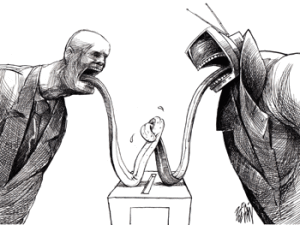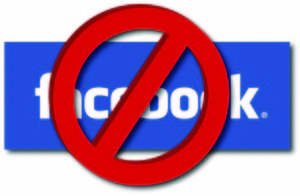Bill O’Reilly is fond of telling viewers to his talk show on Fox News that they’re entering the “no spin zone.”
Well, of course he’s wrong. He spins the news to his point of view every single night.
That’s his right to do so.
Accordingly, High Plains Blogger is entering — if only for the holiday season — what I’ll call a “no politics zone.” I’ll be truthful, though, on this point: I might not be totally faithful to that pledge.
My plan is to stay away from the presidential campaign at least through Christmas. I will give it my best possible shot to stay away from it through New Year’s Day. I cannot guarantee success.
Where might I fall short on my no politics pledge? A candidate running for the highest office in the land just might say something so outrageous, so beyond the pale, so ridiculous that I might be compelled to comment.
I’ll resist that temptation with every fiber of my being. I can promise that.
However, this bears repeating because some of my social media contacts didn’t get it the first time I announced this hiatus from politics: I will continue to write snarky comments on my Twitter account, which then will be fed automatically to my Facebook account.
It’s High Plains Blogger that’s taking the break. Got it, y’all?
The blog will continue to provide commentary on issues of the day. There is quite a lot going on out there that has little — if anything — to do with raw politics. My intent is to keep my eyes and ears open.
I am just tired of the sniping, lying, demagoguery, fear-mongering, name-calling, reputation-impugning, mud-slinging and whatever other negative term you want to hang on the nature of this campaign.
I do not expect any of it to cease during the holiday season. I’m just planning at this moment to tune most of it out while I celebrate (a) Thanksgiving and (b) Christmas with my family.
The way I look at it now, a rest from most of that bad political behavior I going to allow me to rest up for when the real campaign gets going after the first of the year.
I’ll need some good karma, though, to help me resist the temptation to weigh in.
I’m asking for it here. My true intention really is to maintain a no politics zone.
Meantime, let’s all enjoy the season that’s upon us.






